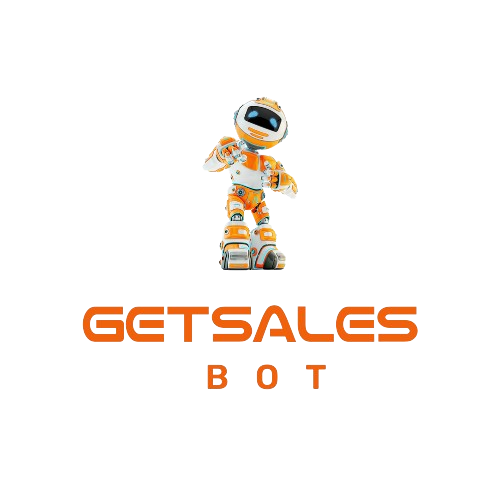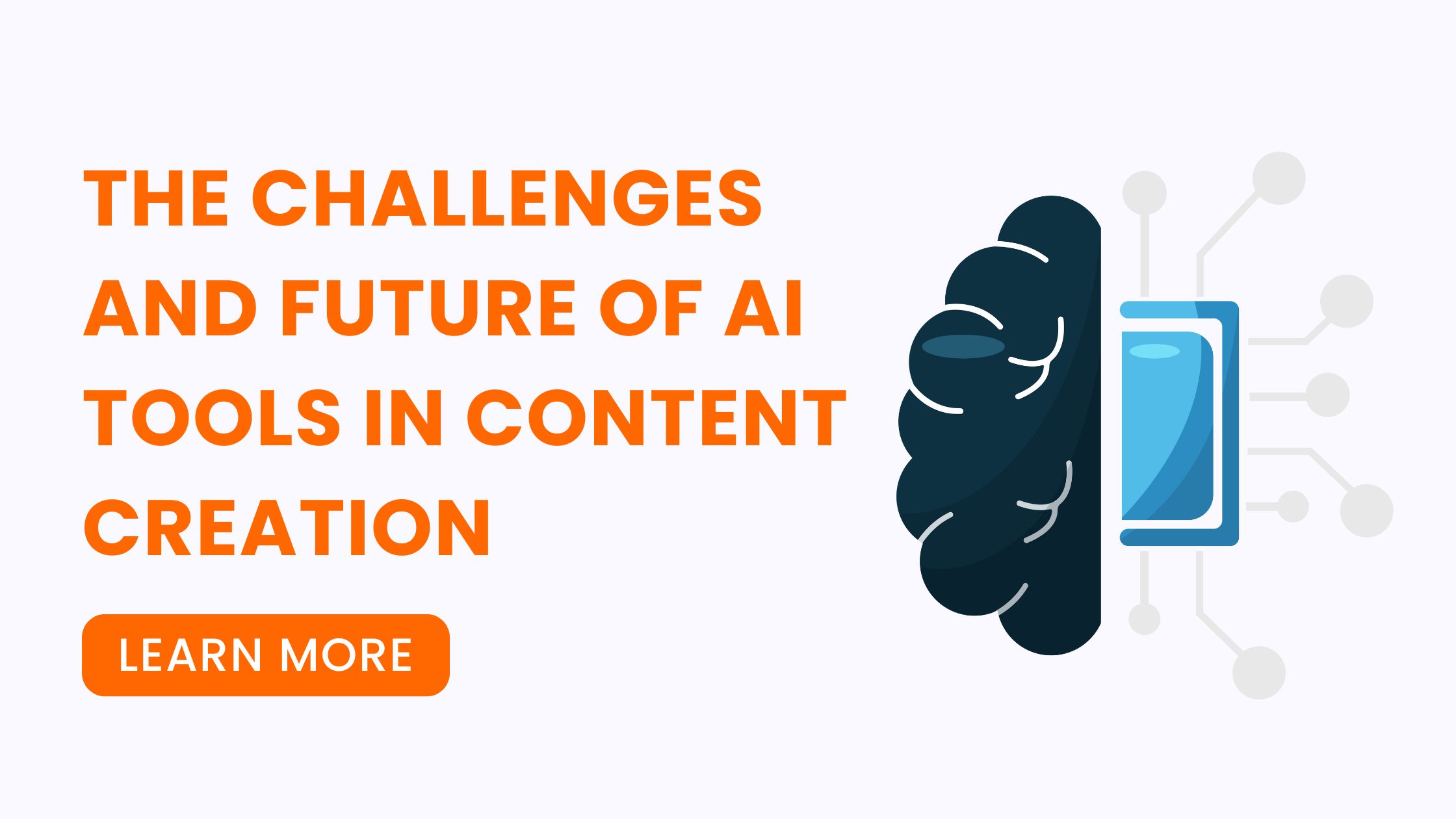In the rapidly evolving world of digital marketing, AI tools have become a hot topic, with many marketers turning to these tools to streamline their content creation process. However, while AI promises to revolutionize the industry, many professionals are finding that the current tools fall short of expectations. The excitement around AI is palpable, but when it comes to practical application, the results often leave much to be desired.
Contents
The Problem with Current AI Tools
One of the biggest frustrations with AI tools today is that the results are often mediocre. It’s not about whether these tools can drive more traffic or increase engagement—many of them simply don’t deliver the quality that manual content creation can achieve. AI-generated content, whether from popular tools like ChatGPT or Gemini, often lacks the depth, nuance, and creativity that human writers bring to the table. Even with advanced tools like Midjourney, which has seen significant upgrades, the content produced still doesn’t quite match the quality needed for effective marketing materials.
Gemini vs. ChatGPT: A Comparison
In the realm of AI-driven content creation, Gemini and ChatGPT are two of the most discussed tools. Many marketers prefer Gemini over ChatGPT, citing better output quality. This could be attributed to Gemini’s access to a larger data set, given Google’s vast resources. Google’s dominance in search and data collection means Bard potentially has more information to draw from, resulting in more accurate and relevant content. However, despite these advantages, Gemini, like other AI tools, still doesn’t quite match the output of a skilled human writer.
The Role of AI in Marketing: A Shift in Focus
Currently, the majority of AI development in marketing is focused on content creation, but this might not be the best approach. Instead of solely relying on AI for content, there’s a growing need to explore its potential in analytics and data-driven decision-making. AI’s true value may lie in its ability to process and analyze vast amounts of data, offering insights that can guide marketing strategies more effectively than any content generation tool.
AI vs. Manual Content Creation: The Ongoing Debate
No matter how advanced AI becomes, it seems unlikely that it will fully replace manual content creation anytime soon. While AI can certainly assist in generating ideas, drafting content, and even editing, the final touch of a human hand is often what makes the difference. Quality content still requires a deep understanding of the audience, cultural nuances, and the ability to create an emotional connection—something AI has yet to master.
The Future of AI in Marketing
As we look to the future, it’s clear that AI will continue to play a significant role in marketing. However, marketers need to be realistic about what AI can and cannot do. In the short term, many may overestimate AI’s capabilities, expecting it to replace human roles entirely. But in the long run, AI is likely to become a powerful tool that enhances, rather than replaces, human creativity and strategic thinking.
AI’s potential lies in its ability to handle repetitive tasks, analyze data, and optimize processes, freeing up marketers to focus on more strategic, creative work. The key is to use AI as a tool to augment human efforts, not to replace them.
Conclusion: A Balanced Approach to AI
AI is here to stay, and its impact on marketing will only grow in the coming years. However, the current generation of AI tools still requires significant human intervention to produce high-quality results. Marketers should embrace AI for what it is—a powerful tool that, when used correctly, can save time and enhance creativity. But it’s crucial to remember that the best marketing results still come from a balanced approach, combining the strengths of AI with the irreplaceable insight and creativity of human beings.

